The Big Burn: Teddy Roosevelt and the Fire That Saved America
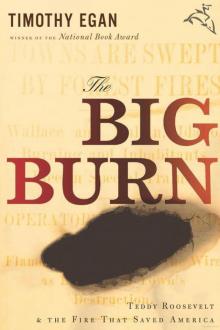

Author: Timothy Egan
Category: Nonfiction
Published: 2009
Series:
View: 244
Read OnlineOn the afternoon of August 20, 1910, a battering ram of wind moved through the drought-stricken national forests of Washington, Idaho, and Montana, whipping the hundreds of small blazes burning across the forest floor into a roaring inferno that jumped from treetop to ridge as it raged, destroying towns and timber in the blink of an eye. Forest rangers had assembled nearly ten thousand men — college boys, day workers, immigrants from mining camps — to fight the fire. But no living person had seen anything like those flames, and neither the rangers nor anyone else knew how to subdue them.
Egan narrates the struggles of the overmatched rangers against the implacable fire with unstoppable dramatic force. Equally dramatic is the larger story he tells of outsized president Teddy Roosevelt and his chief forester, Gifford Pinchot. Pioneering the notion of conservation, Roosevelt and Pinchot did nothing less than create the idea of public land as our national treasure, owned by and preserved for every citizen. The robber barons fought Roosevelt and Pinchot’s rangers, but the Big Burn saved the forests even as it destroyed them: the heroism shown by the rangers turned public opinion permanently in their favor and became the creation myth that drove the Forest Service, with consequences still felt in the way our national lands are protected — or not — today.
Egan narrates the struggles of the overmatched rangers against the implacable fire with unstoppable dramatic force. Equally dramatic is the larger story he tells of outsized president Teddy Roosevelt and his chief forester, Gifford Pinchot. Pioneering the notion of conservation, Roosevelt and Pinchot did nothing less than create the idea of public land as our national treasure, owned by and preserved for every citizen. The robber barons fought Roosevelt and Pinchot’s rangers, but the Big Burn saved the forests even as it destroyed them: the heroism shown by the rangers turned public opinion permanently in their favor and became the creation myth that drove the Forest Service, with consequences still felt in the way our national lands are protected — or not — today.
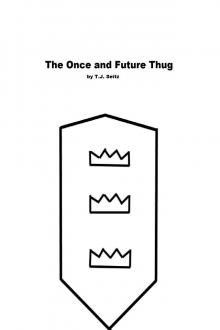 The Once and Future Thug
The Once and Future Thug Chicken Soup for the Teenage Soul on Tough Stuff
Chicken Soup for the Teenage Soul on Tough Stuff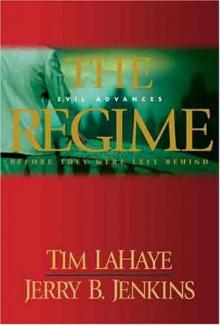 The Regime: Evil Advances
The Regime: Evil Advances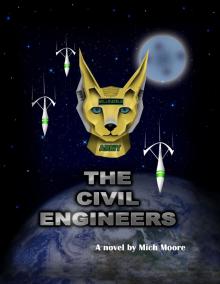 The Civil Engineers
The Civil Engineers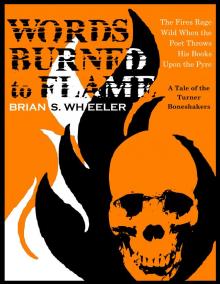 Words Burned to Flame
Words Burned to Flame Woodland Christmas
Woodland Christmas More Than Just Mom
More Than Just Mom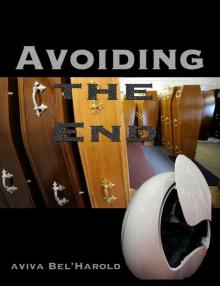 Avoiding the End
Avoiding the End